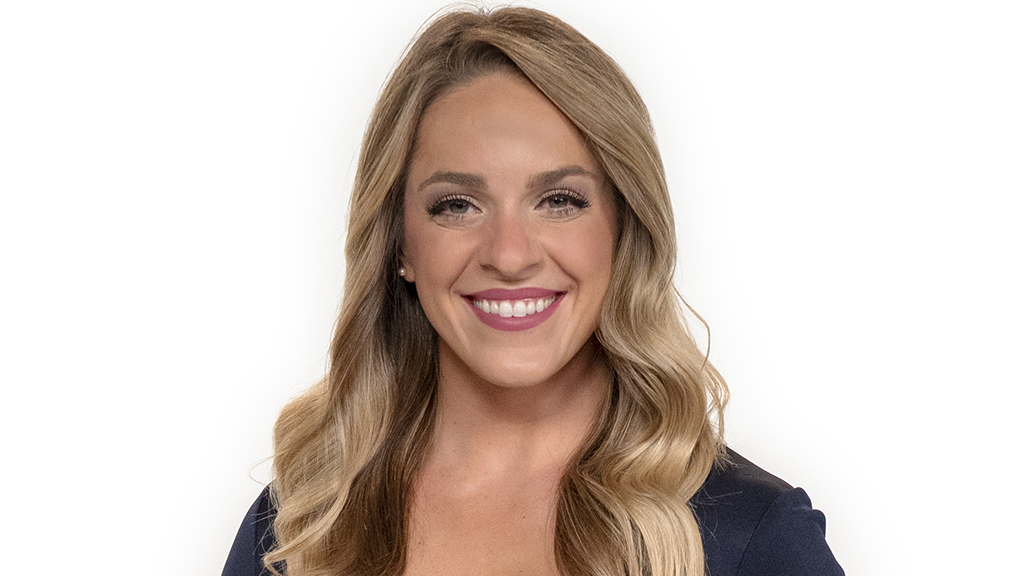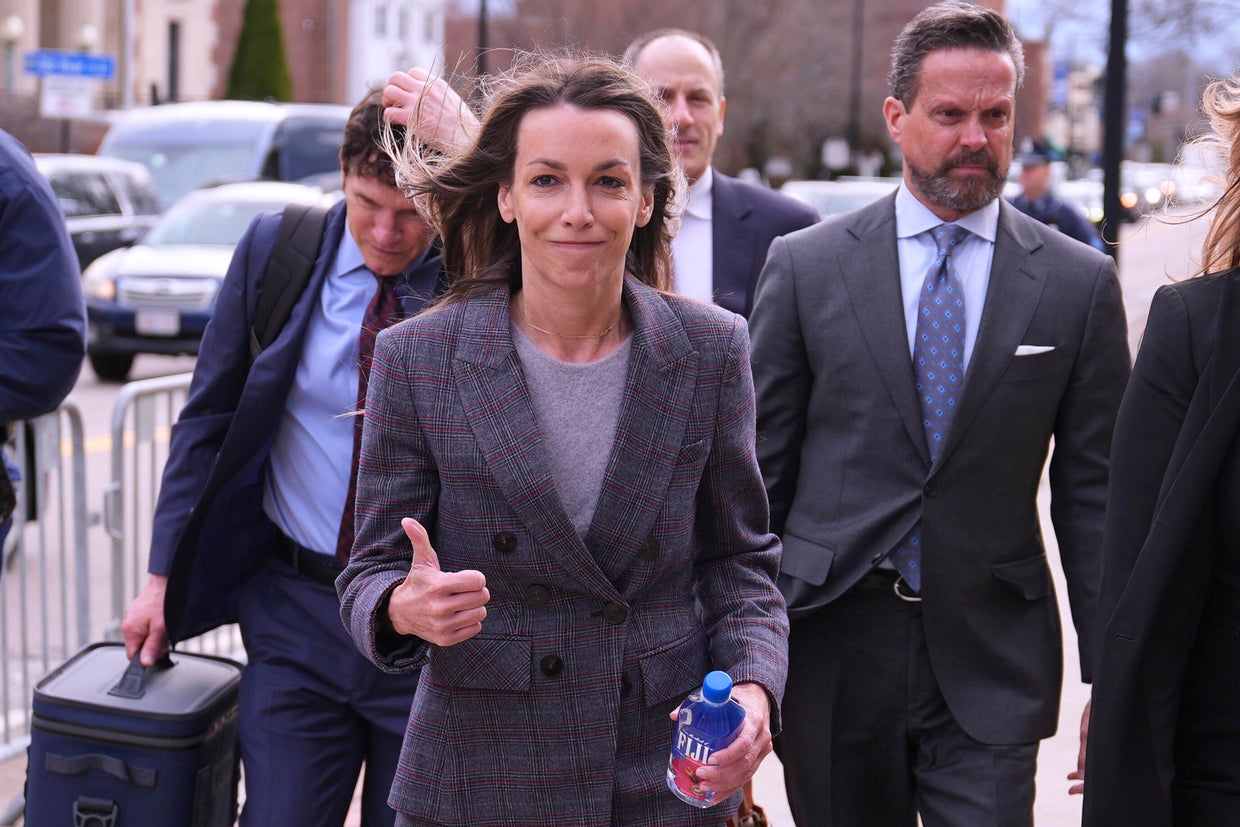Should Karen Read be making public statements while on trial? Some experts say it's a bad idea.
From daily conversations with reporters outside court hearings, to national interviews, to her own documentary, Karen Read has been outspoken about her case. This has prompted many online who follow the case to comment, and ask – is that normal?
In the recently released Investigation Discovery documentary, "A Body in the Snow," Read said that speaking out was her testimony, her version of testifying.
When WBZ's Kristina Rex asked Karen Read why, in light of a gag order that silences attorneys in the case, she keeps speaking out, Read said, "I have nothing to hide. I'm anxious. I want everyone to know what I know. Sunlight is the best disinfectant. That's been our mantra for three years."
Criminal defense attorneys on public comments
Experienced criminal defense attorneys tell WBZ that Read's willingness to comment publicly is extremely unusual - so unusual, in fact, that lawyer Eric Rosen was inspired to write a blog post about making public statements during trial, entitled, "Media Interviews by a Defendant: Bad Idea (in most cases)."
"Every defendant wants to get their story out and have it told," Rosen said. "Media interviews especially present a very short form version of what actually happened."
When asked what he tells clients who believe they should be able to speak because they are innocent, as Karen Read has said, Rosen replied, "Your story is going to change, no matter what happens, no matter how clear you are, memories get refreshed. Certain details come into focus later on. All of that, no matter how innocent you are, will come back to bite you later on, down down the line."
"I'm totally against it," added defense attorney of 50 years Phil Tracy. "I don't know, she may be seeking fame and fortune because this trial is costing her an enormous amount of money."
"I would never let her talk to the media. I think it might help a little, but it hurts more," he said.
Tracy specifically referenced a recent Vanity Fair article in which he believes Read aligned herself with OJ Simpson. "A lot of people who might be on the jury, or in the court of opinion, they think OJ was guilty. And he got away with murder! And now she's saying, 'I'm in the same boat,'" he explained.
Impact on Read's retrial
The number one reason not to speak out while on trial, he said, is because it can backfire.
In fact, in Read's retrial, special prosecutor Hank Brennan has indicated in court appearances and filings that he plans to use Read's interviews as evidence in court of a changing story.
"Generally, when people think you have the right to remain silent that goes to when you're in a police investigation, if you're in a room at the police station, and you know it's what we see on TV," WBZ Legal Analyst Katherine Loftus explained. "Anything you say as a criminal defendant, anything you say to anyone, whether it's a police officer, whether it's a reporter, whether it's a civilian – anybody essentially outside of your attorney can and likely will be used against you."
Read has indicated in the past that she would like to testify, but that her attorneys will make the final call. She did not testify in her first trial.






